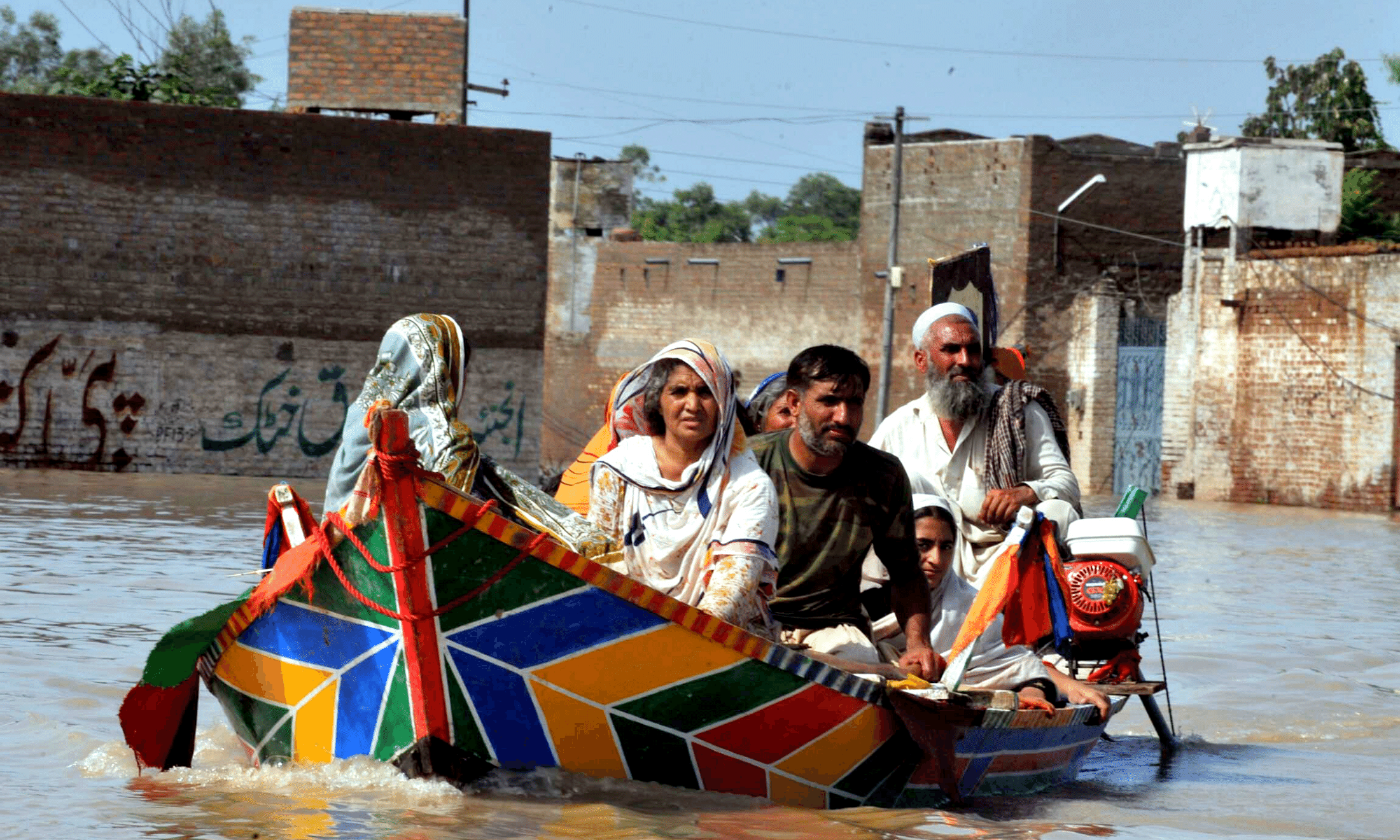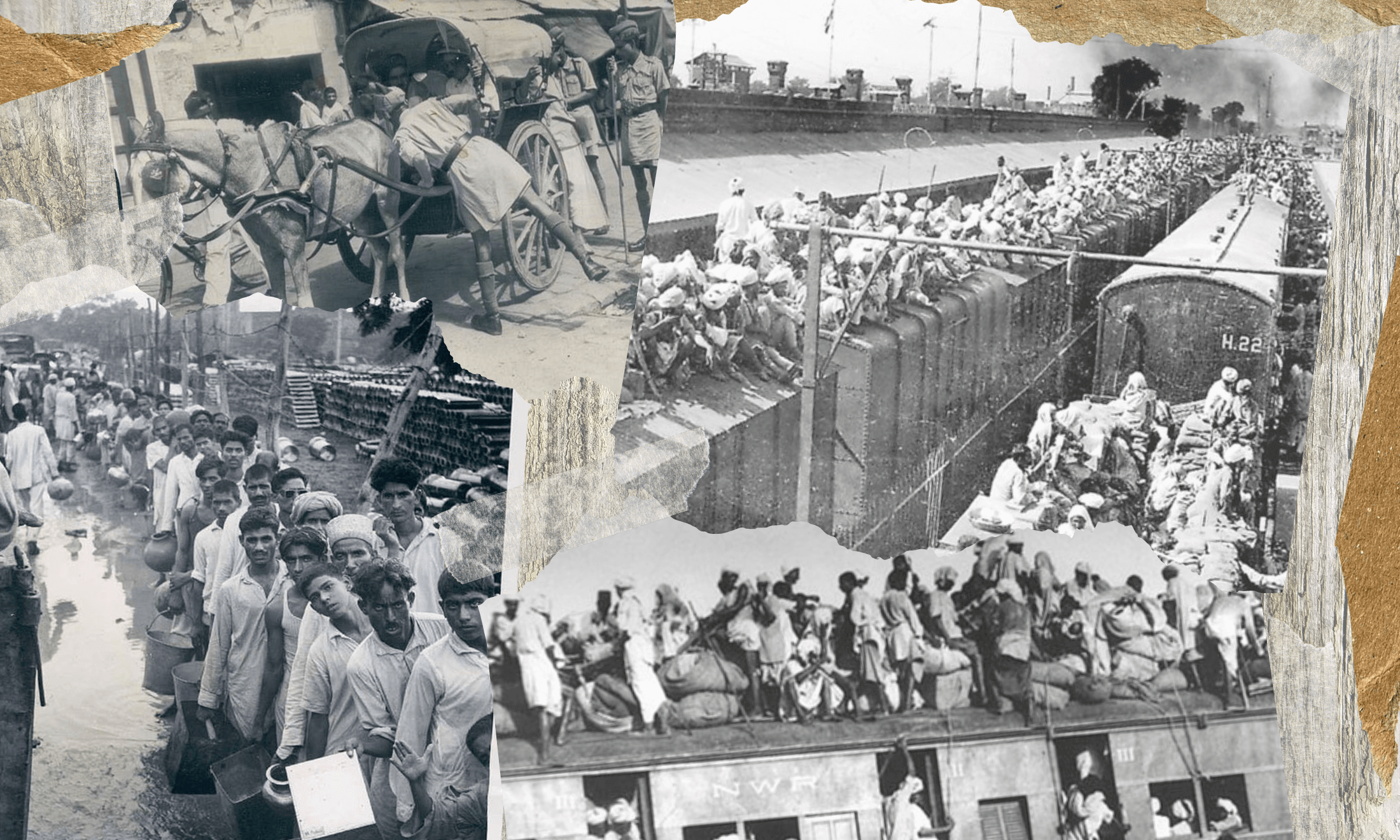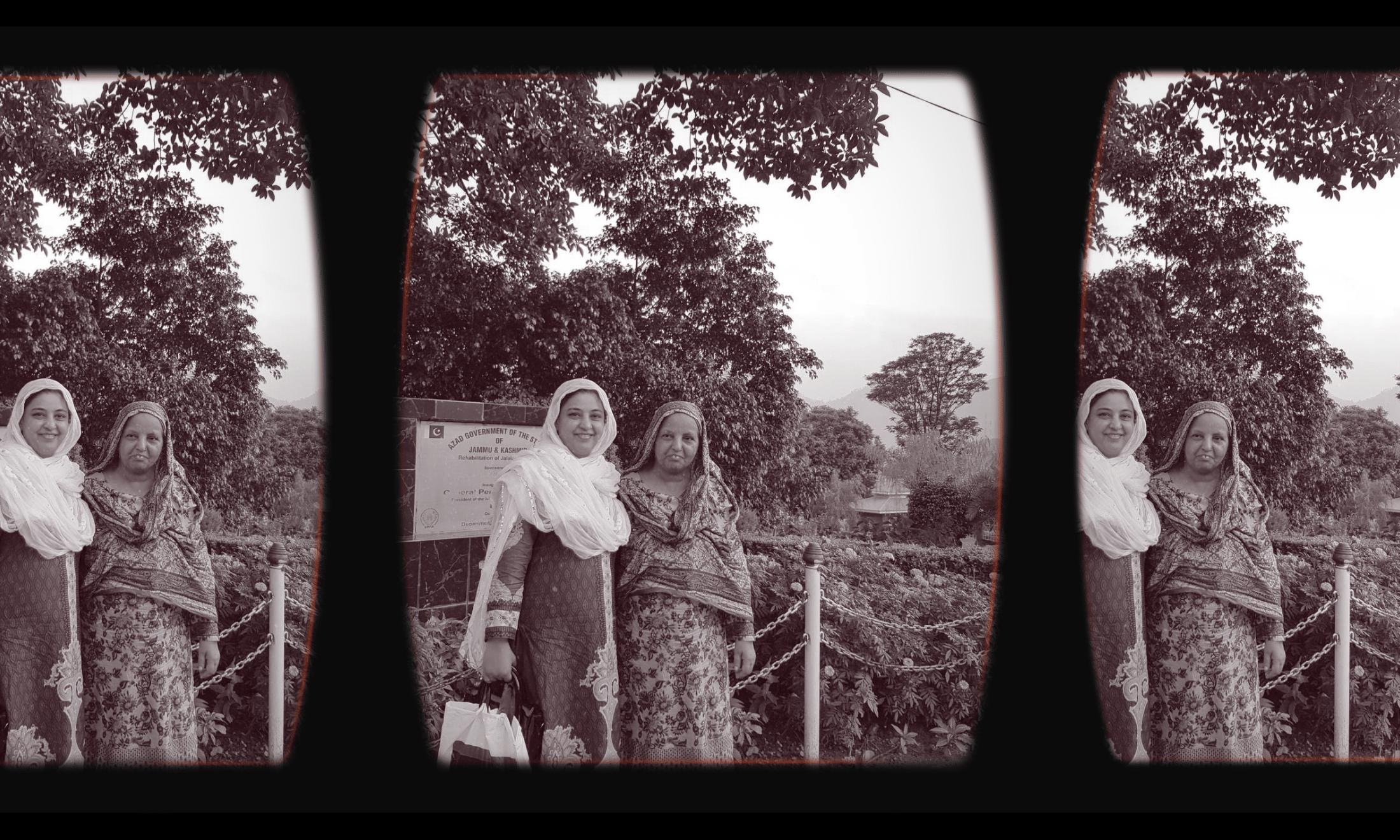
In our second homage to Qandeel Baloch, Pakistani writer Zoha Jabbar shares her thoughts on why honour killings still ravage the country
Last year, people on Facebook started sharing videos showing a young woman speaking in a girlish, affected voice, uttering what would soon become her catchphrase, “How I’m looking?” This was Qandeel Baloch. With her winged eyeliner and pouty pink lips she quickly became an internet sensation in Pakistan, and her videos garnered thousands of likes and comments.
The videos themselves were shot with a cell-phone, showing snippets of her life. She was unapologetically sexy and brazen, bold enough to comment on how beautiful she thought she was. Her videos included promises to strip for the national cricket team if they won, and provocative messages to the president after he banned the celebration of Valentine’s Day. Most people shared these videos as a joke, parodying her or exclaiming that she was shameless and disgusting. Either way, she was receiving attention– and lots of it. She once said, “Love me or hate me both are in my favour. If you love me I will always be in your heart and if you hate me I will be in your mind.”
‘Her videos showed snippets of her life where she was unapologetically sexy and brazen’
In Pakistan, being a woman is often the greatest crime you can commit. Even living in Karachi, one of the most urban and “progressive” of Pakistan’s cities, stories of honour killings, acid attacks, and brutal murders of women aren’t difficult to find. Usually, these women’s offenses are nothing more than falling in love, or having sex. Sometimes, these women don’t even need to have sex. As long as they are suspected of it they have brought dishonour to their families and must be made an example of.
In a world where women can’t stand up for fear of being put down, Qandeel didn’t just stand; she danced, and stripped, and laughed – that too, on camera. A self-declared “One Woman Army”, she often called out the people who left hateful comments on her videos, calling her pejorative and misogynistic slurs, and posted screenshots of the same people messaging her and asking for nudes or sex. And truthfully, she really was a one-woman army, since she received little support from the people who happily shared her videos but did little to defend her.
One of the biggest scandals she was attached to was involving a famous cleric, Mufti Qavi. Qandeel met up with Qavi at a hotel, and then photographed the two of them in Qavi’s hotel room. Following this, Qavi was suspended from the committee he was part of, and nationally exposed as a hypocrite. Of course, the self-proclaimed pious and respectable men of Pakistan weren’t happy with this, and saw Qandeel as a threat to national honour.
‘Qandeel once said: “I want to give those girls a positive message who have been forcefully married, who continue to sacrifice”‘
About a week ago, a surprising claim was made by a man named Aashiq Husain, who stated that he was Qandeel’s ex-husband, and showed proof in the form of a photograph and handwritten letters. Once the news spread, Qandeel stepped forward and admitted that yes, she was married to this man from Kot Addu once, but it had been an abusive marriage that she was forced into when she was seventeen years old, and that she escaped from him to a shelter in Karachi. She said, “I want to give those girls a positive message who have been forcefully married, who continue to sacrifice.”
On Saturday, 16 July, I awoke to the horribly tragic news of Qandeel’s death. Initially, the news reported that Qandeel had been shot, and later, it was reported that she was strangled to death by her own brother in the name of honour. Honour killing is frighteningly common in the rural areas of Pakistan, and a simple search will yield hundreds of results of honour killings in just the last few years. Her death saw three kinds of reactions: the first by people who saw her as the feminist hero she truly was; the second by people who claimed that they didn’t support Qandeel’s actions but that she did not need to die for them; and the third by those who outright rejoived in her death, declaring it as a service to the country.
She wasn’t afraid of owning her sexuality, and she wasn’t afraid of being herself (or a carefully constructed version of herself) even when her life was threatened. Qandeel did nothing wrong– all she wanted was to make a name for herself. In light of her recently uncovered past, her life seemed so much sadder. She was escaping from an abusive marriage that she was forced into and running towards dreams of stardom.
I know people will have a lot to say about Qandeel, but I think she was beautiful and she was good.
Rest in Power, Qandeel Baloch.









